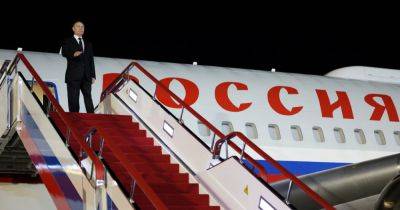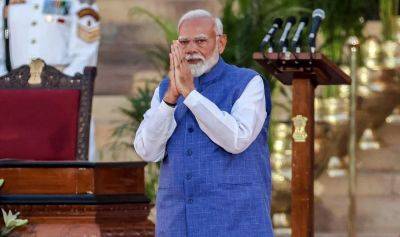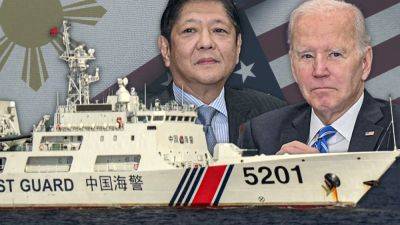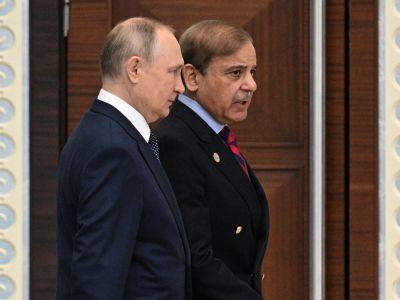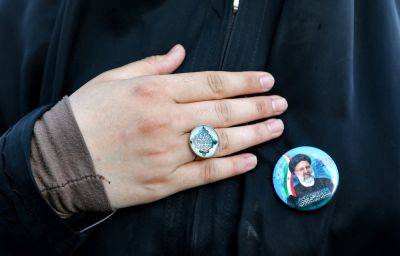Who will be Iran’s next supreme leader?
The recent death of Iran’s president, Ebrahim Raisi, in a helicopter crash will not only trigger new presidential elections. Many commentators believe that Raisi was slated to become the next supreme leader of Iran.
This position is at the heart of the country’s complex political system. While there are many institutions involved in governing Iran, the supreme leader has the final say on most matters.
In fact, it is very unlikely that Raisi would have succeeded the current supreme leader, Ali Khamenei. According to the Iranian constitution, the position requires both political ability and religious credentials, having been modeled on the theory of the Guardianship of the Supreme Jurisprudent, which former leader Ayatollah Ruhollah Khomeini placed at the heart of the revolutionary constitution of 1979.
Admittedly, when Khamenei succeeded the late Khomeini a decade later, the Iranian constitution had to be changed because Khamenei did not have the required religious standing in the clerical hierarchy. Unlike Khomeini he was no ayatollah, so the Iranian constitution was amended to highlight political competence over religious legitimacy. But even this would not have been enough to legitimize the candidacy of Raisi.
For his part, Raisi was not even a mid-ranking cleric. He had no real religious clout and no political charisma. As such, it is highly unlikely that both the clerical and political establishment would have accepted him as the supreme leader.
The Assembly of Experts, the constitutional organ tasked with the election of the supreme leader, may be dominated by so-called “conservatives” allied to some of the factions that supported Raisi.
But there are senior ayatollahs in the Iranian Shia equivalent of the Vatican,


